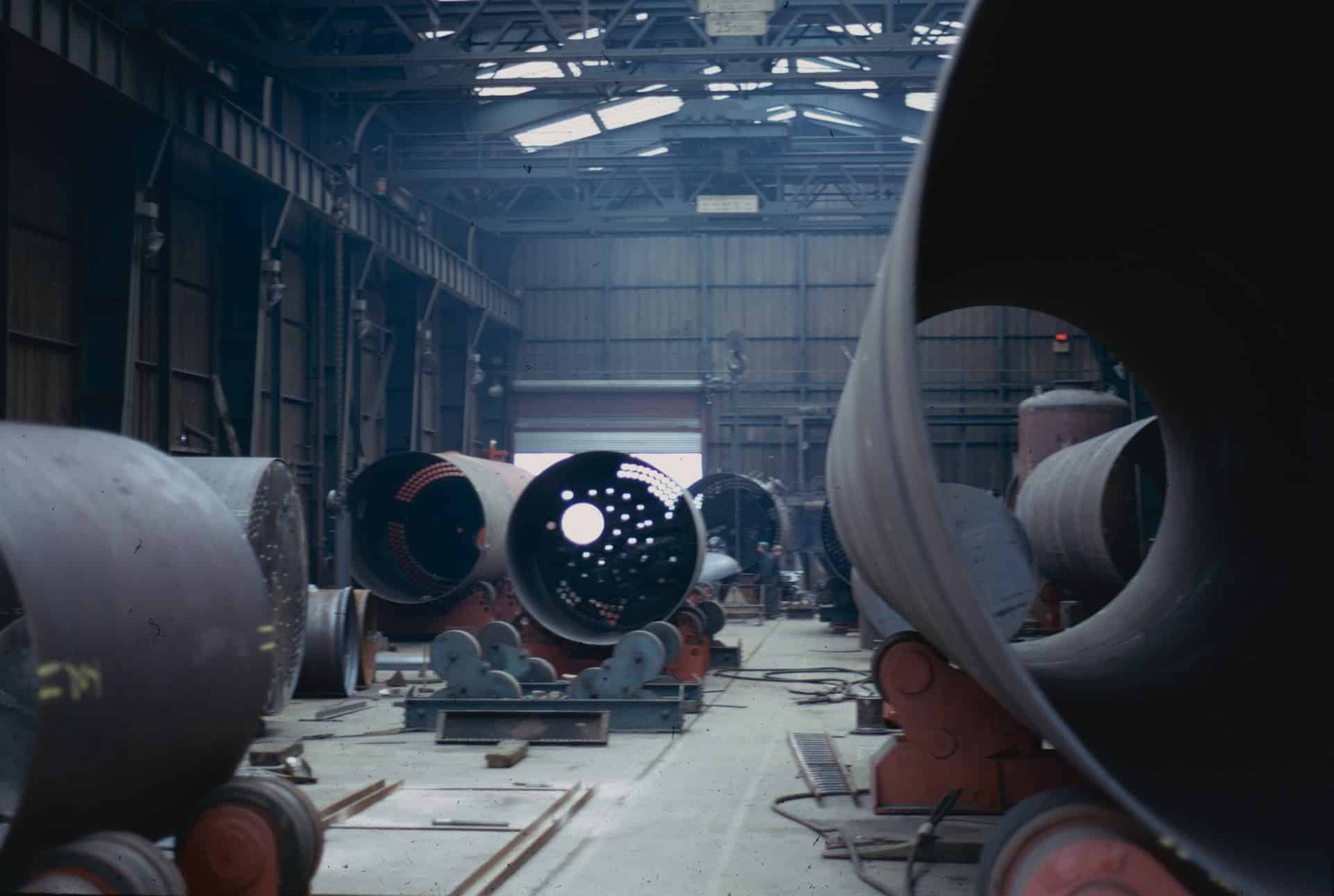When it comes to discussing safety in a manufacturing environment, especially one dealing with electrical appliances, fire safety should be at the forefront of your priorities. Within the UK, certain specific regulations govern fire safety for these businesses. Understanding these regulations and ensuring compliance is not just a matter of following the rules; it’s about creating a safe workspace for your employees and protecting your business assets.
Understanding the Regulatory Framework
In the United Kingdom, the primary legislation governing fire safety in non-domestic premises is the Regulatory Reform (Fire Safety) Order 2005. This Order applies to all non-domestic premises, including manufacturing plants for electrical appliances.
Also read : How to establish a non-profit organization in the UK and what are the tax exemptions?
The Order stipulates that the person responsible for the premises must carry out a fire risk assessment and implement appropriate fire precautionary and protection measures. This person is also accountable for maintaining all fire safety equipment and devices, including fire extinguishers.
This assessment should be thorough, considering everything from the materials used in manufacturing, the electrical equipment, the layout of the premises, and the number and mobility of the people in the building.
Topic to read : How to establish a UK-based VR training company for hazardous industry compliance?
The Role of the Responsible Person
In every UK company, there must be an appointed ‘responsible person’. This person, as the term implies, will be responsible for ensuring fire safety within the premises. This role is often bestowed upon the owner, manager, or employer of the business.
In a manufacturing environment where electrical appliances are made, this role becomes crucial. The responsible person is tasked with the vital duty of reducing the risk of fires, ensuring safe exit routes, and providing information, instruction and training to employees about fire precautions in the workplace. They are also expected to liaise closely with emergency services in case of a fire incident and co-ordinate with them to minimise impact and restore normalcy as soon as possible.
Maintaining Fire Safety Equipment
Fire safety in the workplace isn’t just about the building’s layout or the materials used in manufacturing, it also heavily relies on the equipment used to combat fires. This is where fire extinguishers come into play.
Fire extinguishers are essential pieces of fire safety equipment that every premises is expected to have. The responsible person is expected to ensure that these extinguishers are not only available but are also in good working conditions. Regular servicing of these extinguishers is a legal obligation.
Remember that not all fire extinguishers are suitable for all types of fires. For example, a water fire extinguisher would not be appropriate for an electrical fire. Therefore, you must choose the appropriate type and size of fire extinguishers for your specific needs and risks.
Ensuring Safety During Work
While complying with the law is essential, creating a safe workplace goes beyond mere compliance. It involves fostering a culture of safety.
Regular training sessions can ensure that all employees are aware of the safety procedures and can act correctly in an emergency. They should be aware of how to operate fire extinguishers, how to evacuate the building safely, and where to assemble outside.
Recognise that the manufacturing of electrical appliances poses specific risks, including the risk of electrical fires. Therefore, the safe operation of electrical equipment, regular inspection, and maintenance are critical aspects of keeping your workplace safe.
Adhering to Service and Inspection Regulations
To comply with the UK’s stringent fire safety regulations, regular inspection and servicing of your fire safety equipment and systems are mandatory. The Regulatory Reform Order requires the responsible person to ensure that all fire safety equipment, including alarms and extinguishers, is maintained in efficient working order and good repair.
Moreover, it is also crucial to keep a regular check on the electrical equipment used in the manufacturing process. Regular inspection and servicing of these machines will go a long way in preventing electrical fires, thus ensuring a safer work environment.
Inspections and servicing should be carried out by a competent person with the necessary skills, knowledge and experience in fire safety. The frequency of inspections will depend on the type of equipment and the risk involved. As a general rule, however, fire extinguishers should be serviced at least once a year.
In conclusion, ensuring fire safety in a UK company manufacturing electrical appliances involves understanding and complying with the regulatory framework, designating a responsible person, maintaining fire safety equipment, ensuring safety during work and adhering to service and inspection regulations. It’s not just about ticking off boxes, but about making your workplace a safe space for everyone.
Implementing Robust Fire Safety Measures
A vital aspect of maintaining fire safety in a UK company that manufactures electrical appliances involves implementing robust fire safety measures. These preventative measures should be designed with the specific risks of the environment in mind and should effectively mitigate those risks.
In a manufacturing setting where electrical appliances are produced, sources of ignition such as electrical equipment and flammable materials are abundant. Therefore, control measures should be put in place to reduce the risk of fire. It’s crucial to regularly maintain electrical equipment to ensure they’re functioning correctly and safely.
Moreover, safe storage practices for flammable materials should be strictly adhered to. The Regulatory Reform (Fire Safety) Order 2005 stipulates that flammable substances must be correctly labeled and stored in a safe and secure area with controlled access.
Another critical fire safety measure is the installation of a suitable fire detection and warning system. An effective fire alarm system will quickly alert employees to a fire, allowing them sufficient time to evacuate the premises. Regular testing of this system is required to ensure it functions properly.
Lastly, clear, well-signed and unobstructed escape routes should be established throughout the premises. Escape routes should lead as directly as possible to a place of safety, typically outside the building.
Regular Training and Risk Assessments
To ensure that all employees understand the fire safety measures in place, regular training sessions should be conducted. The training should provide instruction on the use of fire extinguishers, the operation of the fire alarm, the evacuation procedure, and the location of the assembly point outside the building. The responsible person should ensure that all employees are trained, and refresher training is provided regularly.
Furthermore, the company should conduct regular risk assessments as required by the Regulatory Reform (Fire Safety) Order 2005. These risk assessments should identify any potential fire hazards, evaluate who might be in danger in the event of a fire, and determine whether the existing fire precautions are adequate.
Any necessary changes identified during the risk assessment should be implemented as promptly as possible. The results of the risk assessment should be recorded, and the assessment should be reviewed regularly, especially if significant changes occur in the workplace.
Conclusion
In conclusion, adhering to the specific fire safety requirements for a UK company manufacturing electrical appliances is crucial not just to comply with the law, but also to create a safe working environment. This involves understanding the regulatory framework, designating a responsible person, maintaining fire safety equipment such as fire extinguishers and alarms, implementing robust fire safety measures, and conducting regular training and risk assessments. Employers must also ensure regular inspections and servicing of equipment, and adhere to stringent fire safety regulations. Embarking on this journey is not just about following regulations, it’s about fostering a culture of safety where everyone understands their role in preventing fires, ensuring a safer workspace for all.













